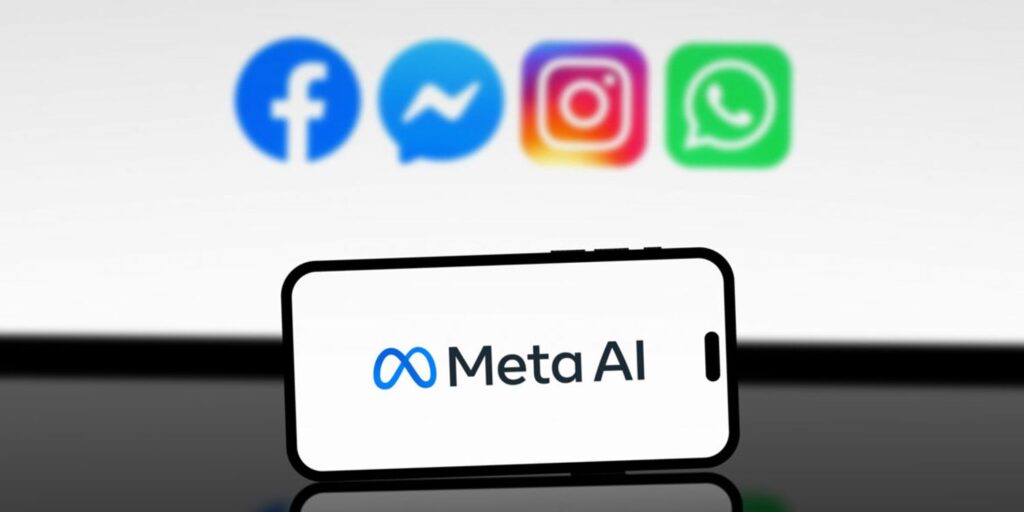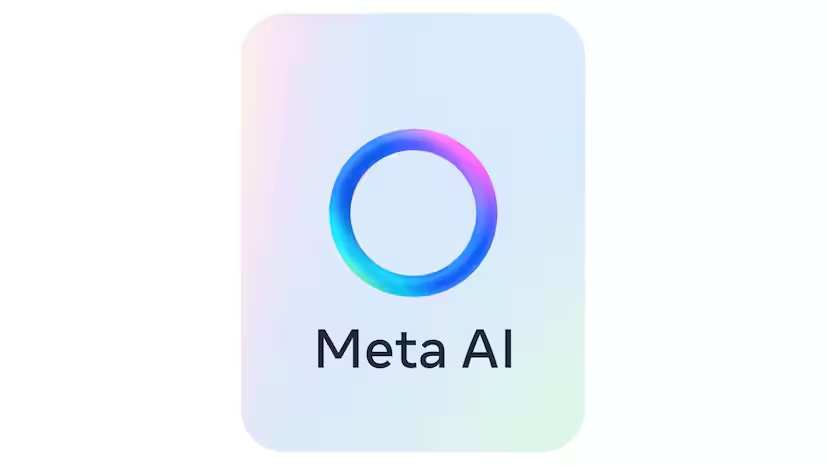Meta has entered the AI app race with the launch of its Meta AI app, aimed directly at competitors like ChatGPT, Anthropic’s Claude, and Google’s Gemini. The app, designed to integrate seamlessly with Meta’s Ray-Ban smart glasses, also brings personalized AI assistants to users’ devices. But how does this new offering stack up against established players in the AI field?
What’s Happening & Why This Matters

Meta’s new Meta AI app is set to be a key player in the AI ecosystem, offering users a voice-driven, interactive assistant powered by Llama 4. This standalone app, designed for iOS and Android, connects with Meta’s Ray-Ban smart glasses, allowing users to switch seamlessly between the two. You can start a conversation on the glasses, pick it up later on the app or web, and engage with the AI bidirectionally, meaning the app is always ready for a follow-up conversation.
The app also has a suite of features designed to make AI assistants feel more personal. According to Meta, Meta AI will bring more conversational, relevant, and tailored responses to each individual. The app integrates with other Meta AI tools, such as image generation and editing, and users can now interact with these features via voice or text.
One exciting element of this release is Meta’s Discover feed, which will display what your friends are asking the AI (without posting anything unless you choose to). For privacy-conscious users, Meta assures that nothing is shared on your Facebook or Instagram feed unless you explicitly allow it. Personalized responses are currently available to users in the U.S. and Canada, and can even pull information from linked social media accounts within the Accounts Center.
Meta also previewed its upcoming full-duplex speech technology, which goes beyond reading out text-based responses. This technology generates voice as a standalone output, allowing users to converse with the AI using natural language in a more interactive way. Although this feature is still in early development and might have some bugs, it could be a game-changer in making AI assistants more natural and engaging.

While Meta is focused on making AI assistants accessible through voice-enabled devices, it remains to be seen how this will compete with other industry giants. Apple, for example, is reportedly working on its AI-enhanced glasses, potentially positioning its Siri assistant to compete with Meta’s offerings. These developments are leading the way for future AI-powered wearables, where the integration of glasses, headsets, and smart technology could dominate the consumer tech.
New Thoughts & Ideas
Looking ahead, Meta is expected to integrate its AI capabilities even deeper into its existing platforms. Imagine having a personalized AI assistant for your glasses, embedded in your Instagram feed or WhatsApp conversations. By adding more layers of AI functionality into its already vast social media ecosystem, Meta is positioning itself as a leader in the space, especially regarding consumer convenience.
Another area of focus could be the health and fitness market. Meta may leverage its AI platform to offer tailored advice for exercise routines or even help users track mental health by integrating features that analyze their mood based on conversations. This level of personalization could create an AI-driven lifestyle assistant, making it an integral part of daily routines.
The competition is fierce, with Apple, Google, and Microsoft all stepping up their game in AI and pushing their virtual assistants further. The battle for dominance in this space is intensifying, and Meta’s move into AI-powered glasses and virtual assistants may eventually integrate with its Metaverse ambitions. The combination of a fully interactive assistant across devices and wearables will likely play a role in Meta’s push for a dominant position in the next-generation tech market.
TF Summary: What’s Next
Meta’s launch of the Meta AI app positions the company to challenge ChatGPT and other major AI players by leveraging AI-powered smart glasses and voice technology. While the app currently offers robust personalization and AI interaction, it will be interesting to see how it evolves and competes with other AI assistants already deeply integrated into many devices. Meta’s approach to AI suggests that wearables, especially glasses, could play a significant role in the future of personal assistants.
Meta will continue refining its AI voice tech and expanding its offerings to compete with Apple and other emerging players. The success of the Meta AI app depends on how well it meets users’ needs and whether it outpaces the competition in a rapidly advancing market.
— Text-to-Speech (TTS) provided by gspeech


